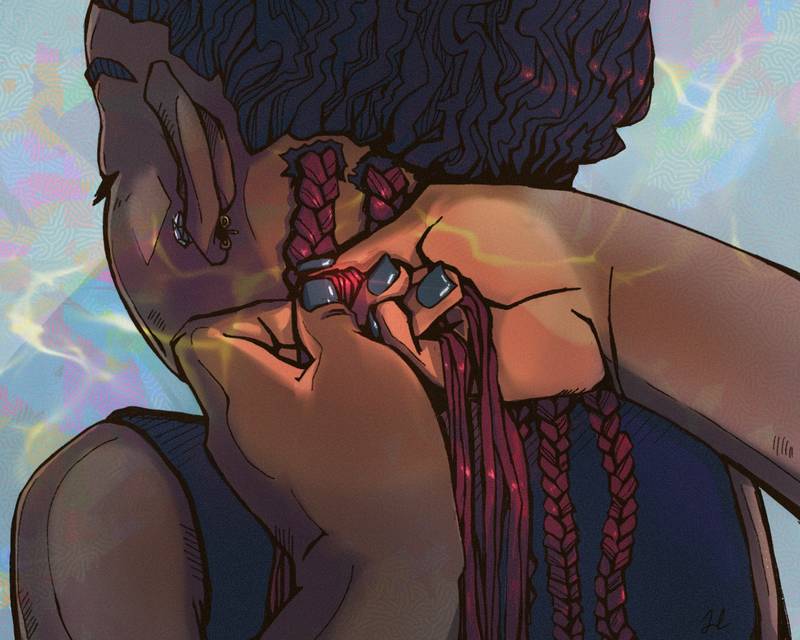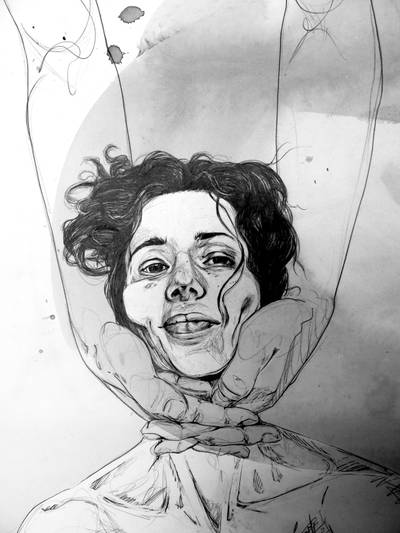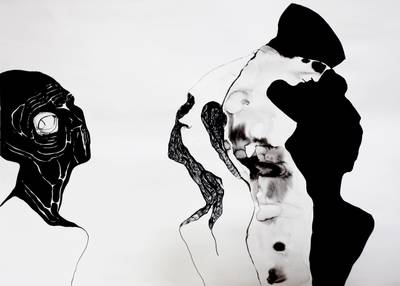

the brown women
looked up, befuddled.must we continue doing this?
net-lifting every blow?
or should we shoulder instead
READ
each other’s politicality?
centre pleasure,
read love poetryEditorial / October 2021
Elham Rahmati urges us to imagine principles and actions that would level the field from the ground up and Vidha Saumya on the brazen attitude of brown women.
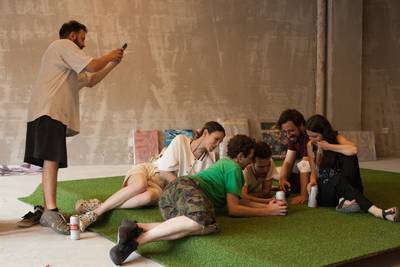

This is a story about a small group of young artists in Romania (zoom-in on Bucharest, please) and their endeavour of trying to make it in the Art world. We do not know how this will turn out.
READE T A J Artist-Run Space, the ‘Make It’ Experience in the Art World
Ilina Schileru writes about a group of young artists in Bucharest and their endeavors to make it in an art world that offers no guarantees and is frequently a hostile environment for newcomers to the stage.
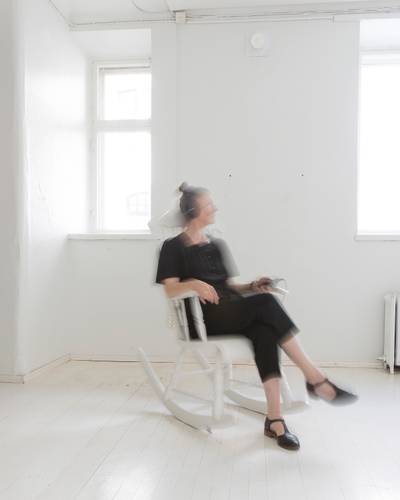

To be received by the artist, to be held by their presence and attentively guided into and through the work, in a personalised performance feels timely. After a long period of self-containment and social isolation— protecting each other and ourselves through reducing contact—this personalised care and shared intimacy with another feels like tending wounds. As a guest, you are “hand-guided” through artworks dealing with uncomfortable “subjects”, ones that puncture our boundaries and explicate the uncontainability of our bodies and interdependencies with others.
READI Versus Us Versus I
Yvonne Billimore reviews the exhibition ‘TICK ACTs’ as a reflections on encountering and thinking-with “other” bodies through art.
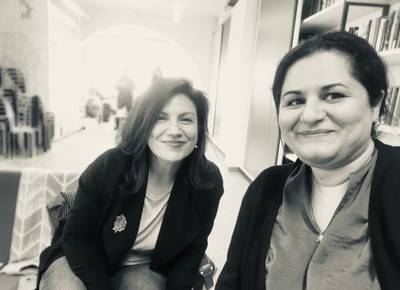

For this digital space given to us, we opened a Pandora’s Box to reveal why today some of us are still excluded from the so-called ‘winner’s table’. We decided to have a conversation to reflect on the Finnish chapters of our lives, our dreams, and achievements, but we also talked about simple things that could unveil sophistication hidden in simplicity if one wishes to see it.
READA Window to Listen
Sepideh Rahaa and Ceyda Berk-Söderblom’s reflections on equity, inclusion, and social justice in arts and culture in Finland.
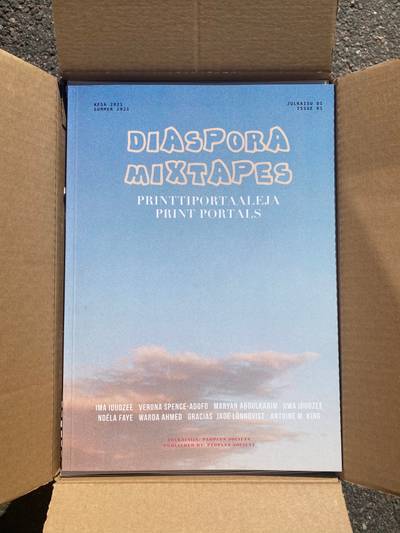

In this piece, I explore the interrelatedness of visuality, black displacement and black diaspora. Diaspora Mixtapes makes apparent the efficacy of visual representations as an artistic genre that implicitly addresses questions of border regimes, queer belonging, and self-representation. Furthermore, Diaspora Mixtapes exemplifies the contemporary inclination to make visible black cultural exchanges.
READDiaspora Mixtapes: Towards a Politics of Black Filmmaking
Analytical review of ‘Diaspora Mixtapes’ an art-house documentary reveals what it means to politicize the visual.
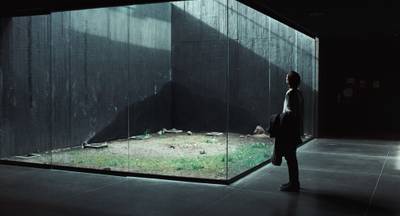

The captivating nature of Memoria depends on the work of some notable artists. The eccentric Tilda Swinton stars as the leading figure, Jessica, whose life suddenly starts revolving around a strange, unrecognizable sound that keeps interrupting her everyday life. The urge to find it is intertwined with and partly hidden in the subtlety of her obsession for more. Swinton’s acting is stripped of emotion but not unfeeling, for she has the great skill of reserving considerable emotion behind the minimalistic expression.
READMemoria: On Remembrance and Stillness
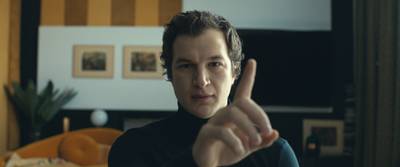

Never Gonna Snow Again really raises the concerns around environmentalism. It’s trying to tell this message of a failing world through some humour and fantasy. The protagonist’s integration into this Polish community is like a wake-up call to the inhabitants, who many seem to be oblivious to the growing issue of climate change.
READNever Gonna Snow Again: a hypnotic take on the environmental downfall
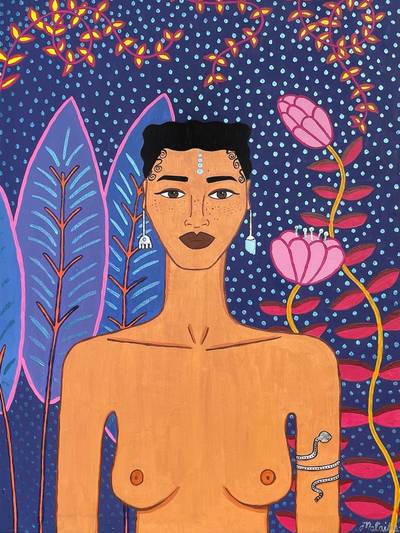

I still remember the first time I saw Kihwa-Endale artwork in her studio. She was painting on transparent surfaces and mirrors. The paintings were getting alive, reflecting the light, the space around it and showing you your own reflection. Kihwa-Endale explained that the artworks were meant to portray multiple realities coexisting and play with the viewer.
READContinuance between Art, Art-Space and Audience: conversation with Kihwa-Endale
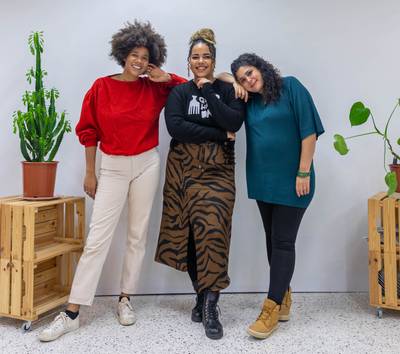

Ubuntu Film Club (Alice Mutoni, Rewina Teklai, Fiona Musanga) in conversation with Good Hair Day (Saida Mäki-Penttilä, Paloma Sandberg, Akunna Onwen) about why community-based organisations are needed?
READWhy Are Community-Based Organisations Needed?
Ubuntu Film Club in conversation with Good Hair Day.
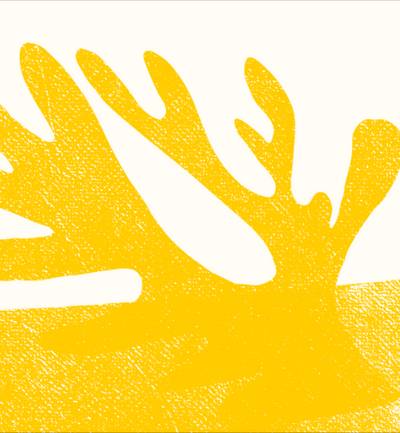

This is meant to be translated
READ
Ĉi tio celas esti tradukita al la angla per Google Translate. Ĝi povas legi ĉi tion al vi laŭte.This is meant to be
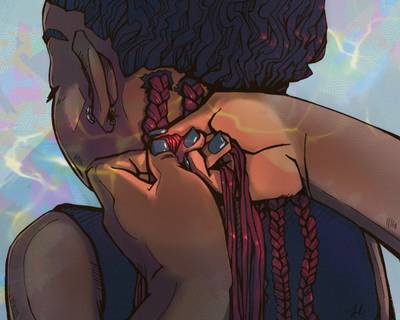

I personally don’t like to be touched so I rarely get my hair done. I wanted to capture that moment of how it feels for me in the first hour of braiding since I can’t quite put it into words. There’s anxiety but also excitement. A feeling of foreignness but also of belonging, warmth and kinship. It’s ordinary and also a special occasion.
READUntitled
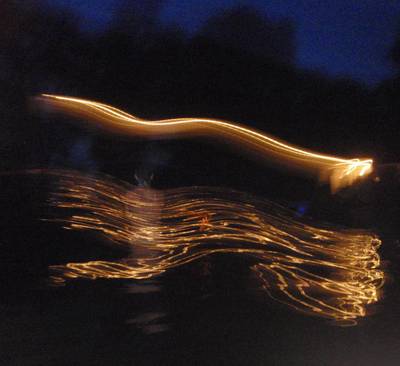

In August 2021 Mourning School (Rosa Paardenkooper, Lucie Gottlieb), a long-term curatorial study program based in Stockholm and Dear, (Martha Jager) an Amsterdam-based artist initiative, gathered on Vifarnaholme, an island in Lake Malaren, near the city centre of Stockholm. During their week-long residency there they worked collaboratively on a series of five letters written or otherwise composed by invited artists, authors and poets. This audio essay is built up with hyperlinks that direct readers & listeners to different parts of the mix that connect to the respective words/phrases. The endnotes to the essay form a tracklist.
READDear, don’t forget to bring a carton of milk on your way home x
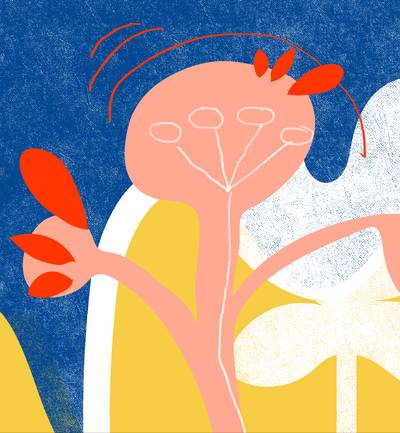

In this podcast, Princess Jimenez takes listeners on a journey through the central topic of how migrants and refugees are always asked “what are you doing here?” Or “if you don’t like it, leave”. Listen to Princess Jimenez’s unflinching responses as she siezes the bull by the horns in response to such racist questions.
READThe Question
